Case Study
Manufacturing company
in North Wales
A manufacturing company in North Wales urgently needed their Senior Management Team (SMT) to unite in strategic growth for the company.
When I met them, the team of 8 were working in silo’s, over stretched and competitive with each other. Decisions were being made in cliques and no one knew who had accountability for cross departmental projects. The business owner needed them to take more responsibility for the day to day operations but couldn’t trust them to make strategic decisions in the best interests of the company. Close to retirement, she desperately needed a succession plan and a strong SMT that could evolve into a Board of Executive Directors was her potential solution.
My approach to devising a coaching programme took the form of 3 stages.
Fact finding, understating the challenges from multiple perspectives, interviews, HR data and observing SMT meetings enabled me to get under the skin of the organisation. The team were asked to complete 360 feedback on each other as well as themselves. This is used to reveal ‘blindspots’ where people think they are behaving a certainway but their team feels otherwise.
Secondly a series of 1:1 coaching sessions with each team member were delivered parallel to 3 Team Coaching sessions. The first team session used a technique called ‘name the elephant’ where individuals were asked to write on a blank post card 3 ‘undiscussables’ relating to the business. These are issues that are not discussed but are problematic. They were written in the same black pen and the cards were shuffled to ensure anonymity. Then each individual was asked to read out the contents of one card each as if it was their own. In my experience, the same undiscussables are revealed, putting on the table the blockages preventing the team from performing to their best. This is one example of how positive, honest discussions are encouraged so that the crux of issues are being dealt with in a time efficient way.
The team were tasked with creating a Team Charter that represented vision, values, responsibilities, and measurable outcomes, they also decided to clarify decision making processes and high risk investments. Whilst creating the Charter they were asked to log obstacles to progression and identify potential solutions. I observed the meeting, intervening during moments of conflict or to re-steer focus.
At the end of the programme the client received a development plan for each team member, identifying skills gaps and development opportunities with advice on availability and cost. I also deliver a report of recommendations which is a culmination of insights through the 1:1 sessions, observations and team session outcomes. The recommendations are set out using the ‘SMART’ framework and typically encompass insights into systemic and cultural obstacles the business need to overcome in order to meet the goal of unifying the team in strategic direction and focus.
As always, I monitor the effectiveness of the programme midway and evaluate post programme. And I never leave it at that. In this case a 6 monthly check-in was agreed to make sure the programme impact is long lasting. The client reported the coaching programme was a turning point fro the business and the team had overcome significant blockages to progress. They felt the programme and given the SMT ownership over their strategic direction, so they more engaged in the process than if they were simply told what their direction should be. The programme took place over a 6 month period and after 12 months the owner was confident enough to establish a Board of Directors including members of the SMT. At the start of the programme the team rated with performance at 4/10 and by the end the programme this score has moved to a mighty 8/10. The cost of this programme to the business was £8,000.
Confidentiality is a central ethical value throughout my coaching programmes, hence the anonymity of this case study.

